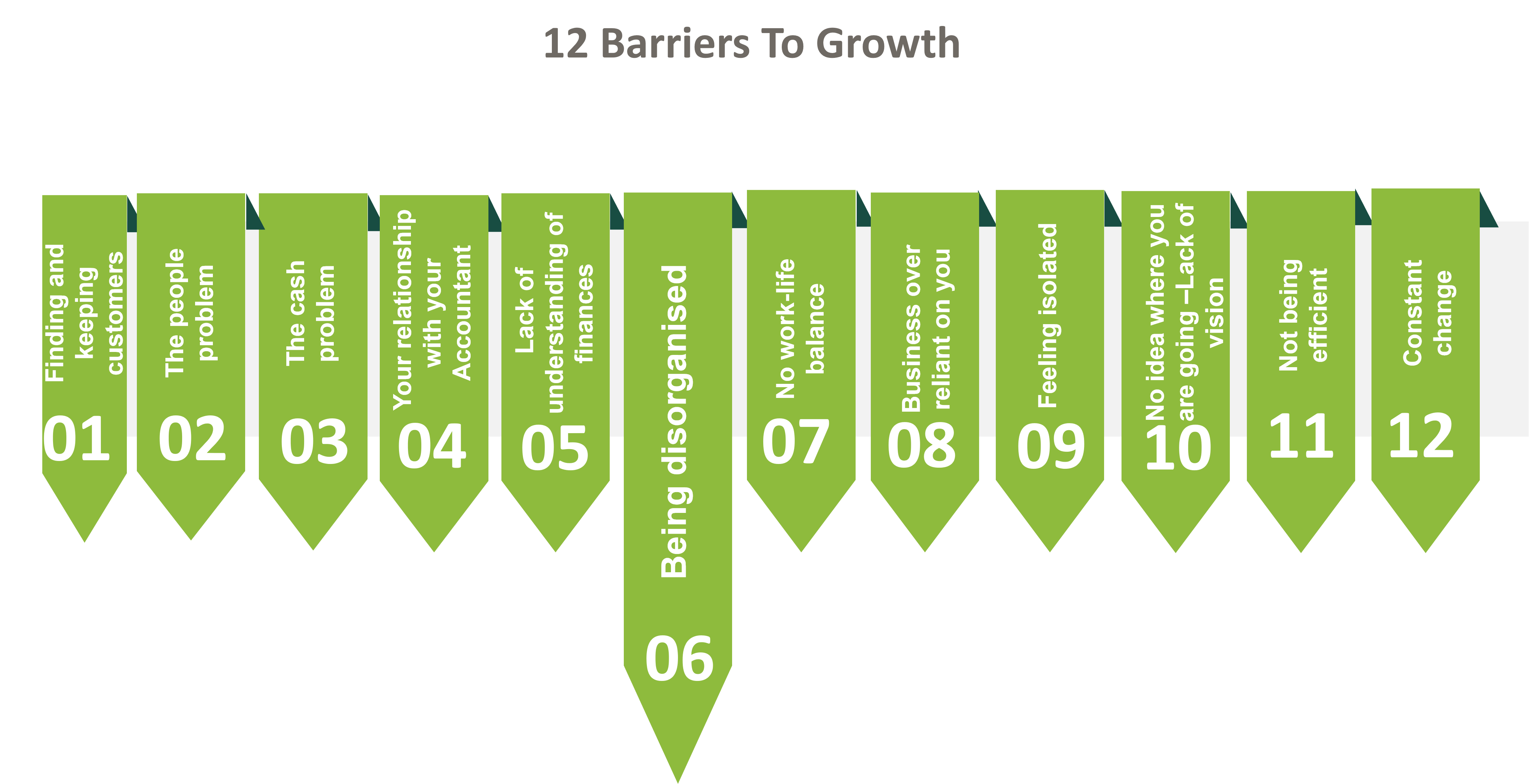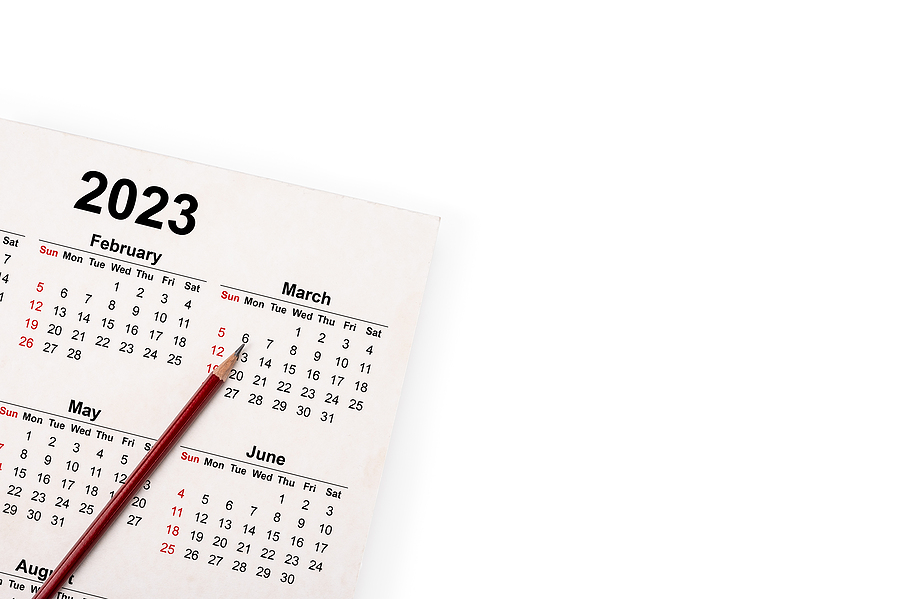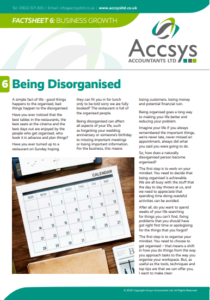Being Disorganised

A simple fact of life – good things happens to the organised, bad things happen to the disorganised.
Have you ever noticed that the best tables in the restaurants, the best seats at the cinema and the best days out are enjoyed by the people who get organised, who book it in advance and plan things?
Have you ever turned up to a restaurant on Sunday hoping they can fit you in for lunch only to be told sorry we are fully booked? The restaurant is full of the organised people.
Being disorganised can affect all aspects of your life, such as forgetting your wedding anniversary or someone’s birthday to missing important meetings or losing important information. For the business, this means losing customers, losing money and potential financial ruin.
Being organised goes a long way to making your life better and reducing your problem.
Imagine your life if you always remembered the important things, we’re never late, never missed an appointment, always did what you said you were going to do.
So, how does a naturally disorganised person become organised?
The first step is to work on your mindset. You need to decide that being organised is achievable. We are all busy with the stuff that the day to day throws at us, and we need to appreciate that spending time doing wasteful activities can be avoided.
After all, do you want to spend weeks of your life searching for things you can’t find, fixing problems that you should have got right first time or apologising for the things that you forgot?
The first step is to organise your mindset. You need to choose to get organised – that means a shift in how you do things from the way you approach tasks to the way you organise your workspace. But, as useful as the tools, techniques and top tips are that we can offer you, I want to make clear:
You truly need to challenge yourself and start believing that you can and will be organised.
Once you find your inner determination, then you can start changing your habits – good habits are what’s needed. Here are 7 good habits of highly organised people:
- They have a to-do list that they regularly check and tick off actions from
- They use a diary system to manage appointments
- They follow up phone conversations with an email to record the content, so everyone knows why was being
- Make notes at meetings and use the notes to ensure things are delivered on time
- Regularly plan and look forward to being pro-active instead of reactive to events
- They use a CRM – Customer Relationship Management database in their businesses to manage contacts and notes and workflow
- They have eliminated paperwork as much as possible and encourage their customers and suppliers to do the same
TOP TIP – MANAGING ACTIONS. For a to-do list, check out Wunderlist.com it’s simple cross-platform action to-do list that will help transform your life and those around you!
How many times have you read great advice but not acted on it? You can you alone can make a difference in your life – the action or inaction you take will dictate the outcomes so be determined to make these changes, and you will become the organised one.
A simple fact of life – good things happens to the organised, bad things happen to the disorganised.
Have you ever noticed that the best tables in the restaurants, the best seats at the cinema and the best days out are enjoyed by the people who get organised, who book it in advance and plan things?
Have you ever turned up to a restaurant on Sunday hoping they can fit you in for lunch only to be told sorry we are fully booked? The restaurant is full of the organised people.
Being disorganised can affect all aspects of your life, such as forgetting your wedding anniversary or someone’s birthday to missing important meetings or losing important information. For the business, this means losing customers, losing money and potential financial ruin.
Being organised goes a long way to making your life better and reducing your problem.
Imagine your life if you always remembered the important things, we’re never late, never missed an appointment, always did what you said you were going to do.
So, how does a naturally disorganised person become organised?
The first step is to work on your mindset. You need to decide that being organised is achievable. We are all busy with the stuff that the day to day throws at us, and we need to appreciate that spending time doing wasteful activities can be avoided.
After all, do you want to spend weeks of your life searching for things you can’t find, fixing problems that you should have got right first time or apologising for the things that you forgot?
The first step is to organise your mindset. You need to choose to get organised – that means a shift in how you do things from the way you approach tasks to the way you organise your workspace. But, as useful as the tools, techniques and top tips are that we can offer you, I want to make clear:
You truly need to challenge yourself and start believing that you can and will be organised.
Once you find your inner determination, then you can start changing your habits – good habits are what’s needed. Here are 7 good habits of highly organised people:
- They have a to-do list that they regularly check and tick off actions from
- They use a diary system to manage appointments
- They follow up phone conversations with an email to record the content, so everyone knows why was being
- Make notes at meetings and use the notes to ensure things are delivered on time
- Regularly plan and look forward to being pro-active instead of reactive to events
- They use a CRM – Customer Relationship Management database in their businesses to manage contacts and notes and workflow
- They have eliminated paperwork as much as possible and encourage their customers and suppliers to do the same
TOP TIP – MANAGING ACTIONS. For a to-do list, check out Wunderlist.com it’s simple cross-platform action to-do list that will help transform your life and those around you!
How many times have you read great advice but not acted on it? You can you alone can make a difference in your life – the action or inaction you take will dictate the outcomes so be determined to make these changes, and you will become the organised one.



